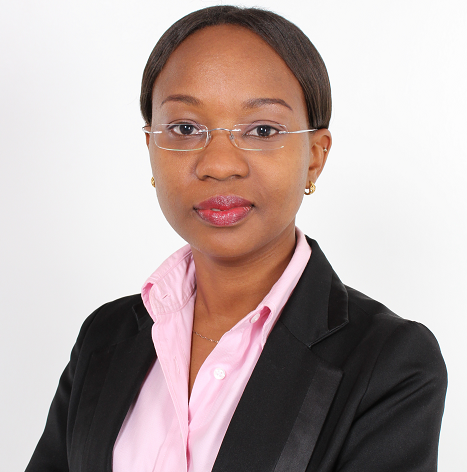SDG 10 on reduced inequalities has been recognized as the most crucial goal that requires great attention, but strategies to achieve it are ambiguous or nonexistent in the reports. Moreover, it is not feasible to eradicate poverty (SDG 1) with our government’s current revenues. However, the SDGs have made a commitment to ending poverty. This can be used to point out that our only hope is to drastically change our global economy to make it essentially fairer for the majority of the world.
Another challenge highlighted was the need to strengthen the SDG capacity of members of the national assembly who can further engagement for its implementation in the government. Government alone cannot attain the SDGs and it would then require the “whole-of-society” approach to make participation more meaningful. Kenya has achieved several milestones over the past 4 years of its implementation of the SDGs. With the creation of the SDG Kenya Forum, there is more support from multi-stakeholders comprising of key government ministries, departments and agencies (MDAs), UN agencies, civil society and private sector. Awareness-raising among government officials has anchored the 2030 Agenda in national realities. The SDG Forum has in place the country’s roadmap for SDGs implementation, which focuses on critical milestones crucial for effective transition from MDGs to SDGs.
The purpose of this multi-stakeholder framework is to promote better decision making by ensuring that the views of all stakeholders are heard and integrated at all stages through dialogue and consensus-building. The framework aims to create trust between the actors and offer solutions that provide mutual benefits (win-win) scenarios. The framework also helps to create dialogue mechanisms, which focus on commonalities and cohesiveness of all stakeholders. The framework helps generate and share knowledge, stimulate innovative thinking, promote accountability and strengthen the stakeholder networks.
It is important to center on those who benefit from the SDGs the most: the poor, children and marginalized groups. There is a legitimate risk that the SDGs could become all about the indicators, instead of efforts towards realizing the bigger vision. Unless these indicators are used to significantly improve their lives and opportunities, we will have failed in this ambitious agenda.
The SDGs should be viewed as a springboard, not an end in themselves. Ultimately, partnerships and investments will be pivotal in advancing progress towards the 2030 agenda towards creating the world we want.
The writer is Executive Director, Global Compact Network Kenya (GCNK). She can be reached through judy.njino@globalcompactkenya.org.
